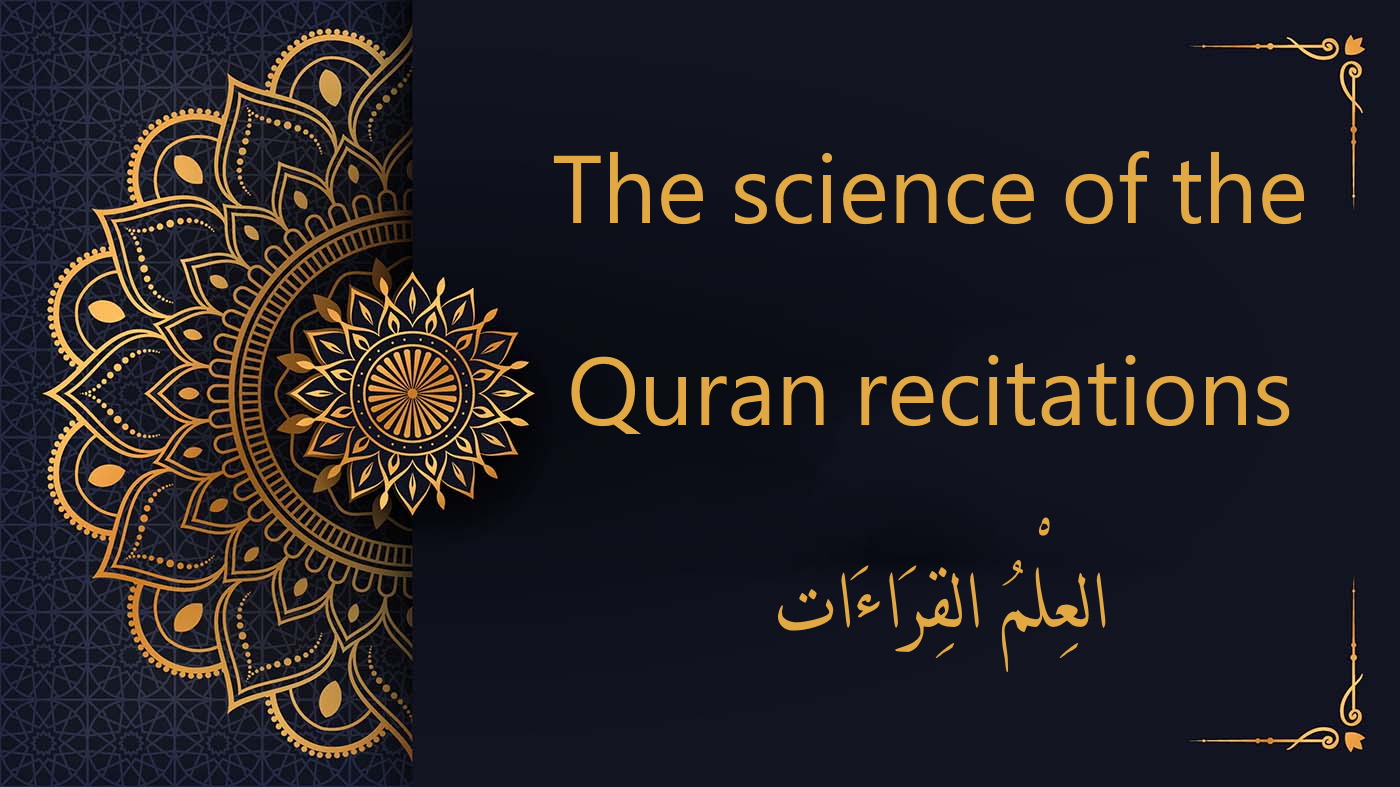
Common Quranic Recitation Mistakes | اللَّحْنُ
Al-Lahn (اللَّحْنُ): Identifying Quranic Recitation Mistakes. Learn about the concept of lahn, which occurs when the recitation deviates from correct pronunciation.
Two Types of Recitation Errors (Lahn):
- Serious and Obvious Mistakes (اللَّحْنُ الْجَلِي – Al Lahn Al Jaliy): These errors involve significant deviations, such as altering the meaning of verses, changing or omitting letters, and can result in sinful recitation.
- Minor and Subtle Mistakes (اللَّحْنُ الخَفِي – Al Lahn Al Khafiy): These are less noticeable errors, where the correct quality of a letter is not given, but they do not lead to significant changes in meaning.
اللَّحْنُ الْجَلِي: Serious and Obvious Mistakes
This is a significant and conspicuous mistake that contradicts the fundamental principles of the Arabic language. It has the potential to alter the meaning of a sentence, although not always.
Termed as الجَلِي (al jaliy), which means “obvious,” this type of error is evident to both Tajweed specialists and those less acquainted with the subject.
An apparent mistake can manifest when transitioning from one letter to another or from one haraka (vocalized vowel) to another, resulting in a distinct alteration.
Furthermore, an evident mistake can arise if the attributes (sifat) of the letters are not observed. This deficiency is conspicuous, even if it doesn’t introduce a contradiction within the Arabic language.
Examples of Evident Mistakes in Recitation:
To say “الحَمْدَ” instead of “الحَمْدُ” in Surah Al-Fatiha. To pronounce the letter “ت” instead of “ط.”
Moreover, it’s crucial to note that such errors can lead to grave consequences, potentially even reaching the level of kufr (disbelief), which is a profoundly serious matter.
Therefore, scholars have thoroughly addressed and evaluated these types of mistakes, and individuals who commit “al lahn al jaliy” are considered to have committed sins of significant consequence.
اللَّحْنُ الخَفِي: Al Lahn Al Khafiy - Minor and Subtle Mistakes
This category of mistakes differs from the first in terms of severity.
These are termed “subtle” or “imperceptible” errors, as they do not directly contradict the rules of the Arabic language, nor do they alter the meaning of the Quranic text. However, they do become apparent when they conflict with specific Tajweed rules.
Referred to as “الخفِي – al-khafiy,” these errors are typically discernible only to those well-versed in Tajweed.
Instances of al lahn al-khafiy arise when certain recitation rules are disregarded. These may include neglecting the rules of madd (prolongation), failing to observe a rule of ikhfâ (concealment), or not producing the ghunna (nasal sound) when required.
Scholars in the field of Tajweed generally consider lahn al-khafiy to be “makruh” (disliked), though there is some variation of opinion. Some scholars also classify these errors as “haram” (forbidden), but to a lesser degree than the more serious mistakes.
For example, pronouncing أُنْزِلَ without applying the ikhfa rule over the letter ن by pronouncing it as a single ن doesn’t change the word’s meaning. Still, it represents a breach of the established recitation rules that should be corrected.
Conclusion
This Tajweed rules lesson has come to a conclusion. Insha’Allah, our next lesson will delve into the intricacies of Arabic letter articulation points.
At the Al-dirassa Institute, we provide an accessible path to mastering Tajweed under the guidance of skilled instructors. Should you wish to pursue this further, we warmly invite you to reach out to us.
Chosen and Trusted by Thousands of Satisfied Learners
Discover the experiences of our delighted clients who have thoroughly enjoyed utilizing this standout feature.
Alhamdulillah I‘m very pleased with the arabic and Qur’an lessons I receive from teacher Umm Tasneem and I‘m also content with the al-dirassa administration team who were very quick in answering any questions I had. In a month I progressed a lot and I cannot wait to continue my studies with al-dirassa. May Allah reward everyone at al-dirassa.
 Verified review - view original
Verified review - view original
My Qur’an teacher is fantastic, she teaches me in a loving and kind way where I look forward to the lessons and learn so much. My Arabic teacher is equally as nice and has a lot of patience with me, she has great expertise in the field and I’ve progressed really quickly with her. Thank you Al-dirassa!
 Verified review - view original
Verified review - view original
Book your free trial lesson
Don’t want to go through the translation anymore?
30 free minutes with your qualified Egyptian teacher.




